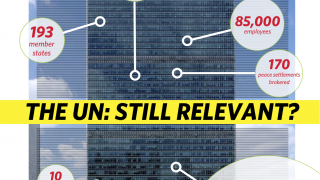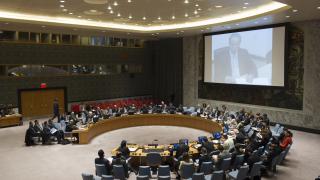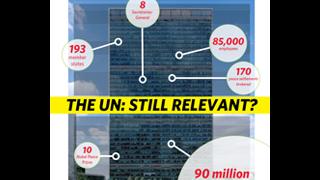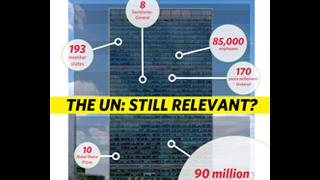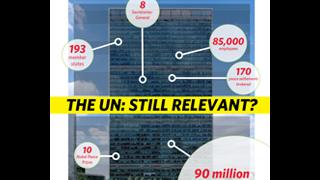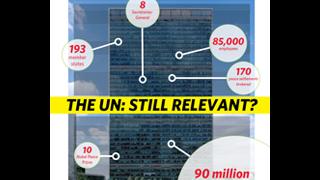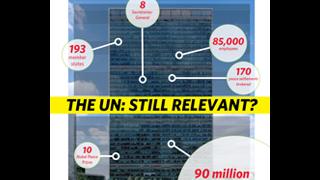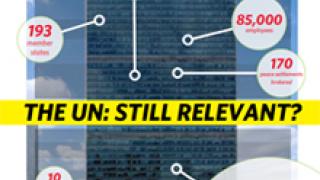
Back in 1992 at the UN Conference on Sustainable Development (the' 'Rio Summit'), the outcome document 'Agenda 21' recognised that "the major cause of the continued deterioration of the global environment is the unsustainable pattern of consumption and production, particularly in industrialised countries, which is a matter of grave concern, aggravating poverty and imbalance”. But, as ever, there has been a lag time between recognition and action.
In 2002, the Johannesburg Plan of Implementation devoted a whole chapter to Sustainable Consumption and Production (SCP) and called for the development of a ”10 Year Framework of Programs (10YFP) in support of regional and national initiatives to accelerate the shift towards SCP”. This kick-started a series of global and regional meetings beginning in Marrakech in 2003 (the Marrakech Process). Unfortunately, after nearly five years of discussions, it became obvious that it would take 10 years to develop the framework in this forum. Efforts - and hopes - were transferred to the 2010/11 session of the Commission on Sustainable Development. The Commission managed to agree on a framework, but its adoption remained elusive. It is now hoped that the 2012 'Rio plus 20' summit will be able to make progress.
To date, national and regional activities have focussed predominantly on:
(1) the environmental aspects of the problem and their technical solution
(2) goods and services in the form of commodities
(3) economic growth as the major indicator for a ‘better life’.
This has led to an increasing trend to conceptualise SCP in the sense of sustainable consumer procurement, which in turn has generated response that neither meet the scale nor the urgency of the problems facing humanity: global warming and resource scarcity on the environmental side and increasing inequity on the social side.
The reliance on growth, innovation, and technological solutions has created a situation where we are actually sustaining - or even increasing - the problems we face instead of solving them. Efforts to mitigate a peak oil scenario are illustrative of this. The proposed solutions fail to recognise that whilst there is certainly a correlation between well-being and material consumption, it can only go so far (as recent studies on the economics of happiness have borne out).
What we need, therefore, is strong 'sustainable consumption governance', which considers overall levels of consumption, questions the underlying paradigm of economic growth/well-being, seeks to de-couple well-being from market activities and demands a re-allocation of resources on this basis.
At the international level, one promising option is the proposed set of 'Millennium Consumption Goals' (MCGs). Conceived as complementing the UN Millennium Development Goals, this proposal - to be discussed at 'Rio plus 20' - seeks to address global consumption habits and promote sustainable consumption patterns. The MCG approach is driven by the hope of a more manageable future. Instead of viewing the prosperous members of society as a problem, the MCG intends to persuade them to contribute to the solution. Progress at 'Rio plus 20' could help stimulate other 'bottom-up' approaches, something that the technocratic debates of yesteryear failed to achieve.
Dr. Sylvia Lorek is Vice President of the Sustainable Europe Research Institute and member of the Millennium Consumption Goals Initiative.
For further reading: Lorek, Sylvia (2010). Towards Strong Sustainable Consumption Governance. LAP Publishing, Saarbrücken. http://www.millenniumconsumptiongoals.org/

